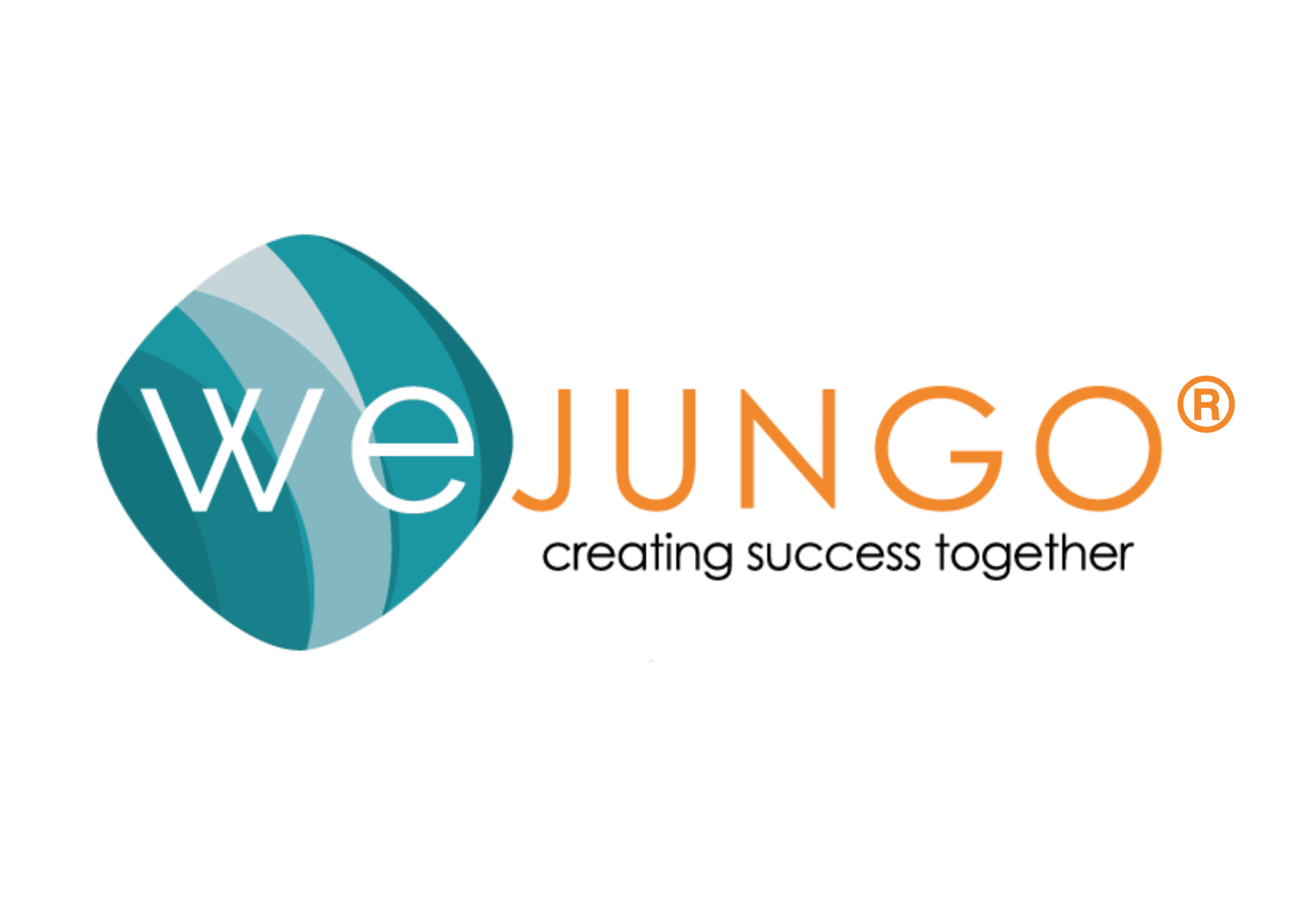Employee Engagement & Motivation in a New Environment of Hybrid Working
“Connect the dots between individual roles and the goals of the organization. When people see that connection, they get a lot of energy out of work. They feel importance, dignity, and meaning in their job.” Ken Blanchard
A recent PwC report shares, “It’s Time to Reimagine Where and How Work Will Get Done,” employees have become accustomed to working remotely, and they’re expecting hybrid work environments to become the new normal. Another survey from the Harvard Business School stated that 81% of employees either don’t want to go back to the office or they prefer a hybrid working schedule. Some respondents expressed that they were able to prove that they can perform, and even excel, during the pandemic, but desired more flexibility, missed in-person connections with their colleagues, and wanted the ability to be able to go back to the office.
As companies begin planning their return to work within their office spaces, many have realized a hybrid work model may be the best way for them to do so. However, the blending of in-office working, and the current reality of remote working will present business challenges that need to be overcome, i.e., performance management, employee engagement, employee motivation and morale.
Does the Hybrid Work Model Work?
Apple, IBM, and Cisco are amongst some of the organization giants switching to a hybrid work model, solidifying it as a growing trend in the business world. A blog post from Google CEO Sundar Pichai shared their hybrid approach noting that “the future of work is flexible” and that the changes will result in their workforce coming together in-office for at least 3 days per week.
However, not all companies are in favor of the future of working being a hybrid one. Dropbox, the file hosting software company, decided against a hybrid work approach because they feared it could potentially create an uneven playing field amongst workers. Their plan is to become the world’s first virtual company, with remote work being the expected and equal experience for all of their employees globally.
Successfully Managing a Hybrid Work Model
Even though hybrid work is fast becoming appreciated and expected by many employees, it also has its complexities, especially when it comes to employee engagement, motivation, and morale. By combining the ways of both in-office work and remote work, employers will need to find the best way to manage both ways of working. Running Remote, the world’s largest remote work conference, recently hosted a panel where experts representing organizations of varying sizes came together to discuss their insights on the matter of hybrid work.
How to Successfully Transition to a Hybrid Work Model
When transitioning to a hybrid work model, here are the three key steps that the panelists agreed upon:
- Be clear about which roles require being in office and which can be done remotely.
- Thoroughly and thoughtfully document systems and processes.
- Intentionally create more opportunities for building human connection.
Accelerating Employee Engagement in a Hybrid Work Culture
To create an effective hybrid work culture, employers need to handle challenges pertaining to employee engagement, such as issues with communication, wellbeing, and inclusiveness. Innovative solutions to these issues can help to mitigate feelings of demoralization and lead to increases in productivity via the acceleration of engagement and empowerment.
Here are some suggestions we have AND more importantly actions we at Wejungo have done for 5+ years with a Hybrid Work Culture:
- Reinforce your company’s mission and values
- Create a culture that supports remote workers and those flexible environments
- Foster an inclusive company culture
- Utilize technology to communicate, collaborate, and stay in sync
- Set up shared goals and make them visible to everyone
- Reward and recognize employees often
- Create a space for sharing challenges and mistakes made, and what has been learned from them
- Extend employee perks to remote employees by having perks like wellness spending
- Offer growth opportunities to everyone
- Watch out for signs of burnout
- Help employees stay connected with one another
The Power of Empowering Employees
Before COVID-19, the correlation between positive employee engagement and business performance was clear. Now, it’s even more so. Ensuring engagement in our shifting work climate is an open doorway for even more obstacles and opportunities. If done correctly, a hybrid workplace can empower employees, giving them the freedom to work wherever they feel at their most productive.
It’s the employer’s responsibility to unlock potential and productivity by implementing the right hybrid work model that continues to enable their employees to thrive. However you approach the hybrid future, leveraging our suggestions can boost your current culture AND can enhance the engagement and morale of your team. By focusing on the needs of both your in-office and remote employees concurrently, they will all feel like they are an equal part of the company’s vision, no matter where they are working from.













